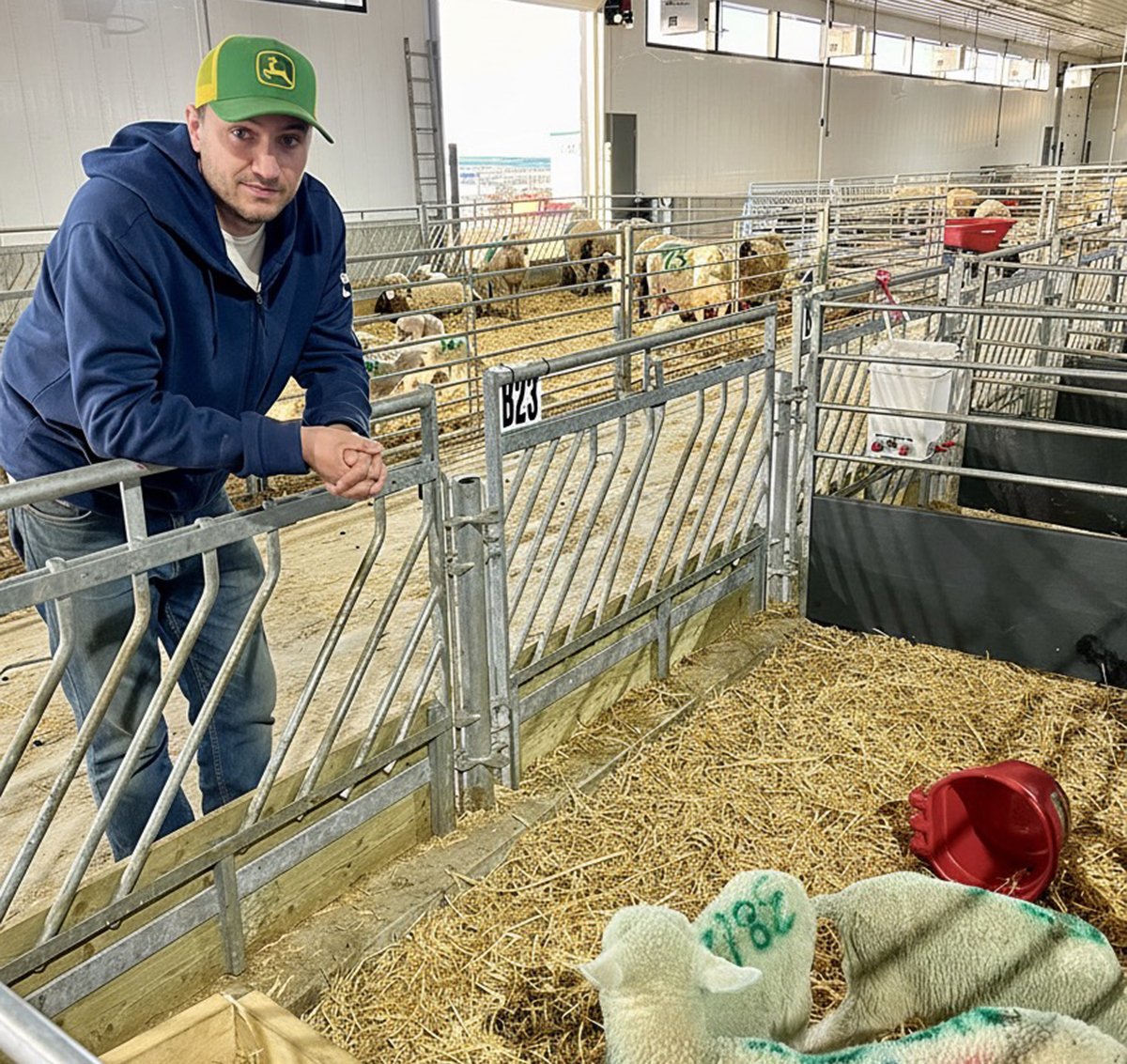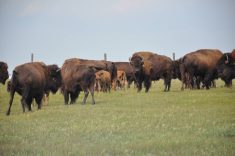The loss of British Columbia’s Harmonized Sales Tax as a result of a late August referendum is a bad development for the province’s cattle producers, says their provincial association.
Judy Guichon, president of the B.C. Cattlemen’s Association, said her group lobbied to keep the HST.
“It was better for all agriculture. We had actually been lobbying for it in agriculture,” Guichon said.
“It’s much better. Our old system of PST … was very clumsy, just a cumbersome process all around. We were paying less under the short time we had the HST. And now we’ll be back to paying like we were.”
Read Also

Solar, sheep provide valuable farm diversification
Eric Steeves says raising sheep on forages grown under solar panels provided economic stability and perhaps even saved his family’s fifth generation southern Alberta grain farm.
The HST, which came into effect July 1, 2010, was put to a referendum last month.
About 55 percent voted to get rid of the tax and reinstate provincial sales tax and the GST, which are seven percent and five percent respectively.
The province expects a return to the two taxes in 18 months, according to the B.C. government website. The timeline is needed for an orderly transition, it said.
The former PST/GST system exempted farms and ranchers from tax on some items, but the BCCA said it was not comprehensive enough to meet their needs.
Guichon and her husband operate a ranch in the Nicola Valley near Merritt and have been in the business for about 40 years.
“Personally the loss of the HST is going to have a huge effect on my operation, so now our strategy is to go after our provincial government to give us relief from the carbon tax.”
The carbon tax, which was implemented July 1, 2008, imposes a 5.56 cent per litre tax on gasoline and 6.39 cents per litre on diesel. It also taxes jet fuel, natural gas, propane and coal.
Rates are scheduled to rise each year until 2012, reaching a final level of 7.2 cents per litre on gasoline, the government website said.
The amounts are calculated based on $25 per tonne of carbon dioxide equivalent emissions.
Guichon said the carbon tax is particularly onerous for farmers and ranchers because they have few alternatives to save fuel on transportation or agricultural operations.
BCCA general manager Kevin Boon said in a news release the group will join forces with other provincial agricultural groups to “relieve farmers and ranchers of the burden imposed by the carbon tax. Today, only 1.5 percent of B.C.’s population lives on farms or ranches. The marginal victory of 54 percent in the referendum is further evidence that voters are disconnected from the needs of the people who grow their food.”
The B.C. government says it is the first jurisdiction in North American to impose a carbon tax.















